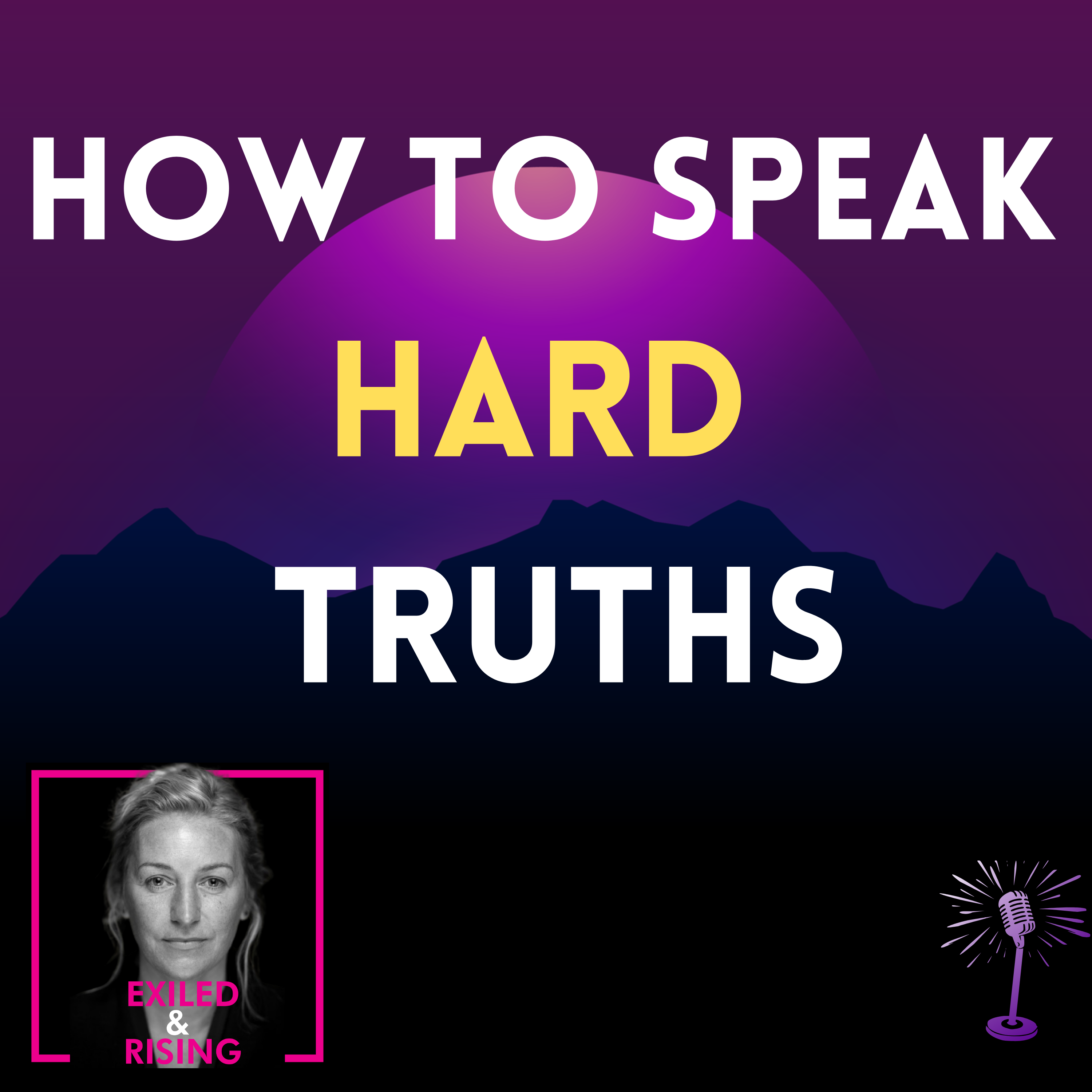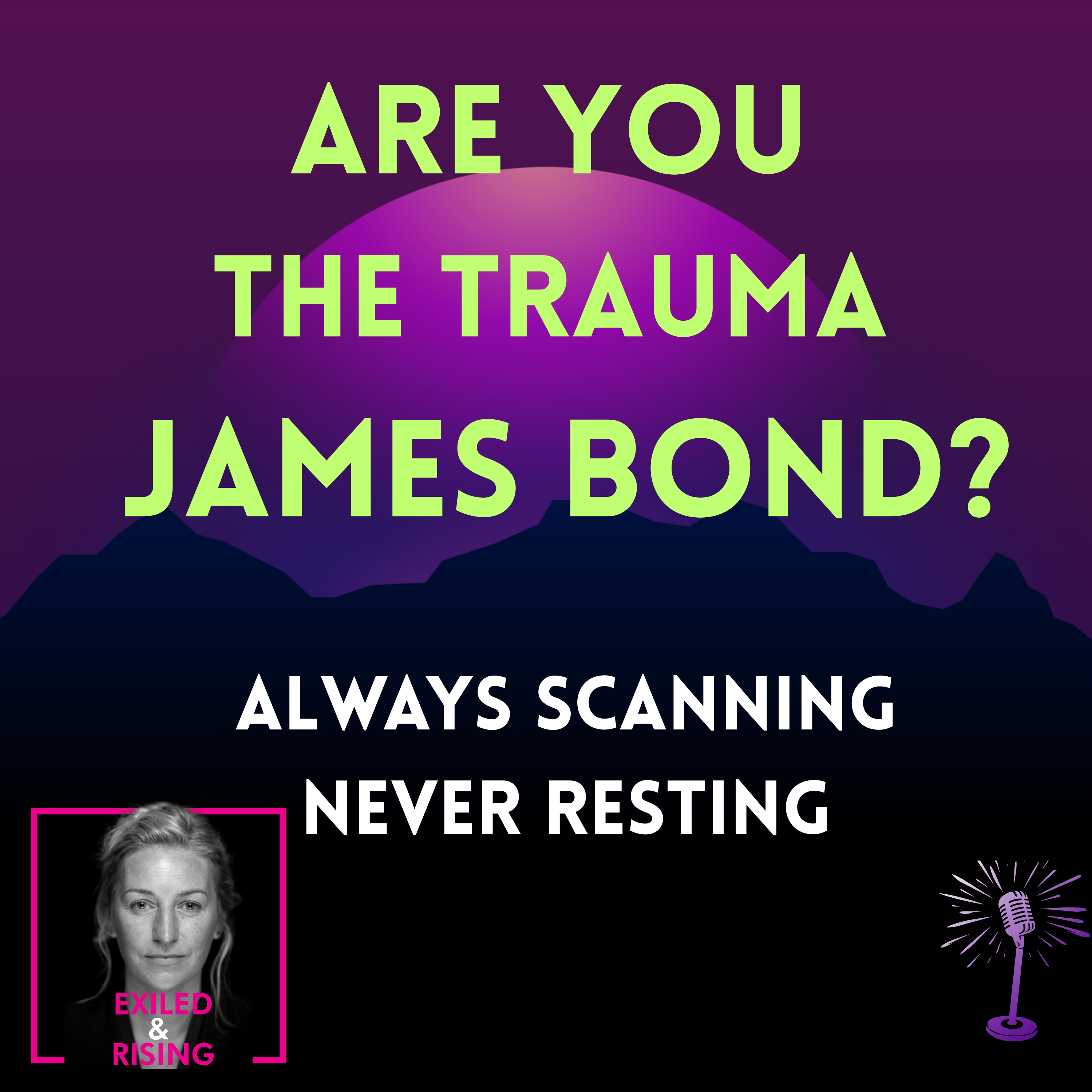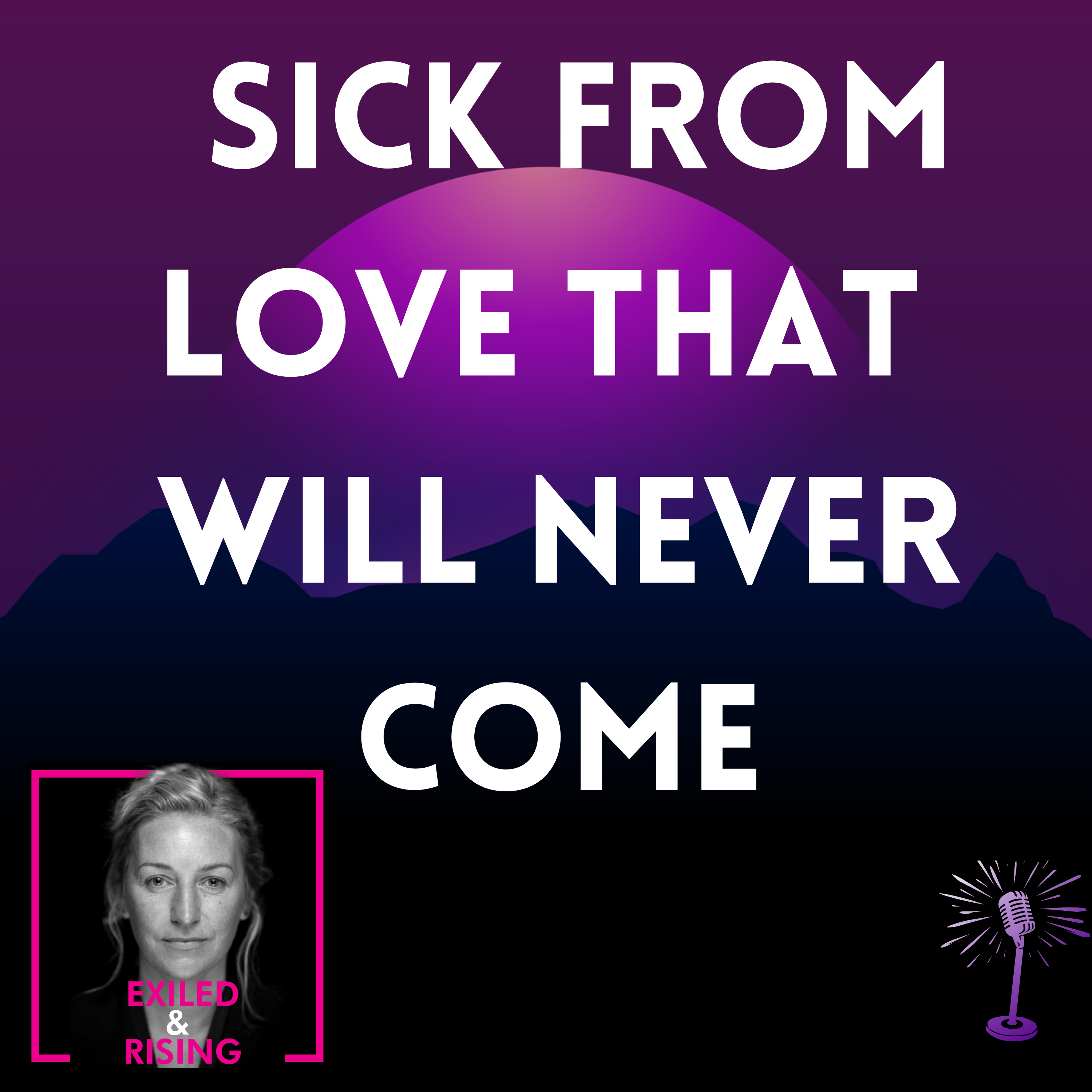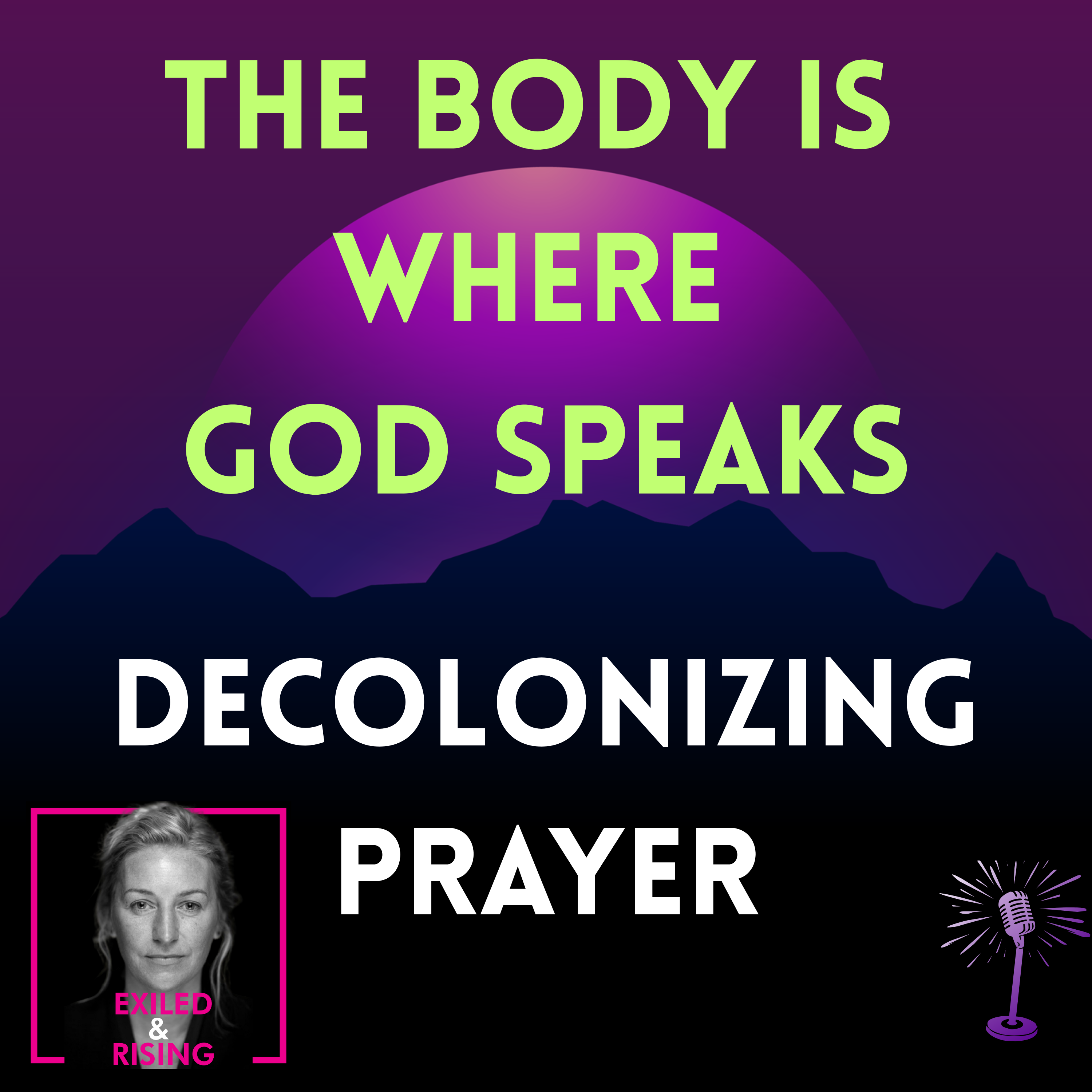Show Notes
An activist is not defined by having a megaphone, a protest sign, or a nonprofit behind them. An activist is defined by what they choose to do with their awareness of harm.
full video: https://www.youtube.com/watch?v=QHKJ-6KHOH0&t=2s
------------------------------------------------------------
PRE SALE FOR ANA TEACHINGS STARTS: How to Become An Activist https://exiledandrising.mykajabi.com/offers/d2UK9ZdH/checkout
Sing up for Activists community support group. Activists in live online meetings. https://exiledandrising.mykajabi.com/forms/2149235414
❤️ Please donate This podcast is independently run. No production teams. Fancy edits. Only a truth & storytelling. https://buy.stripe.com/3cscOqbbXfZp0sU7ss ___________________________________________________
Core Definition of Activist An activist is: One who refuses silence in the face of injustice. One who acts — in word, body, or deed — to disrupt harm and push toward justice. What Makes Someone an Activist
Awareness → Action Everyone sees injustice; not everyone moves. An activist moves.
Risk → Courage Activism means taking risks — social, relational, financial, even physical. The presence of fear doesn’t cancel activism; the act of moving anyway defines it.
Witness → Voice Activists bear witness (they see clearly). But they also voice — they refuse erasure by naming what others won’t.
Personal + Collective An activist doesn’t only fight for “me.” They know personal survival and collective freedom are intertwined.
What Activism Is Not
It’s not just posting online. That can be part of it, but activism means risk + persistence. It’s not agreeing quietly. Agreement without disruption is still obedience.
It’s not being liked. Activists are often rejected before they’re remembered.
Examples A woman leaving an abusive home and naming the abuse publicly → activism. Someone marching against police brutality → activism. A worker organizing colleagues for fair pay → activism. An exile writing truth about war crimes when silence is expected → activism.
In short: An activist is anyone who chooses resistance over silence, clarity over obedience, and action over numbness.
From Silent Observer to Activist: How to Find Your Voice Have you been watching injustice unfold — in your family, relationship, workplace, or country — but staying silent?
This episode of Exiled & Rising is for you. Ana Mael, war survivor, somatic therapist, and activist, shares how to move from being a quiet observer to becoming a powerful voice for change. In this episode, you’ll learn: Why speaking up feels like betrayal (and why it’s actually freedom)
How to trust your own thinking and question authority without losing yourself The role of your nervous system in building the courage to speak out How to find solidarity and create your own support circle Why backlash is proof you’re making an impact, not a failure How personal healing, relational truth-telling, and political action all connect Whether you’re standing up to an abusive partner, refusing silence in your family, or raising your voice against tyranny, this episode will guide you to embody your activism and sustain your voice for the long haul.
Remember: Silence breeds obedience. Obedience breeds tyranny. Your voice is medicine for the times we live in.
About Ana Mael: Ana Mael is a genocide survivor, somatic therapist, and author of The Trauma We Don’t Talk About. She is the founder of the Somatic Trauma Recovery Center and has dedicated her career to helping survivors reclaim their identity, dignity, and self-trust. With decades of lived experience, Ana offers a unique, unapologetic approach to healing that combines trauma justice, somatic therapy, and spiritual integrity. She advocates for vulnerability, accountability, and collective healing to dismantle the systems that perpetuate oppression and harm.
Chapters
- (00:00:00) - The Truth about Too Much Activism
- (00:06:52) - 5 micro acts of activism you can start today



